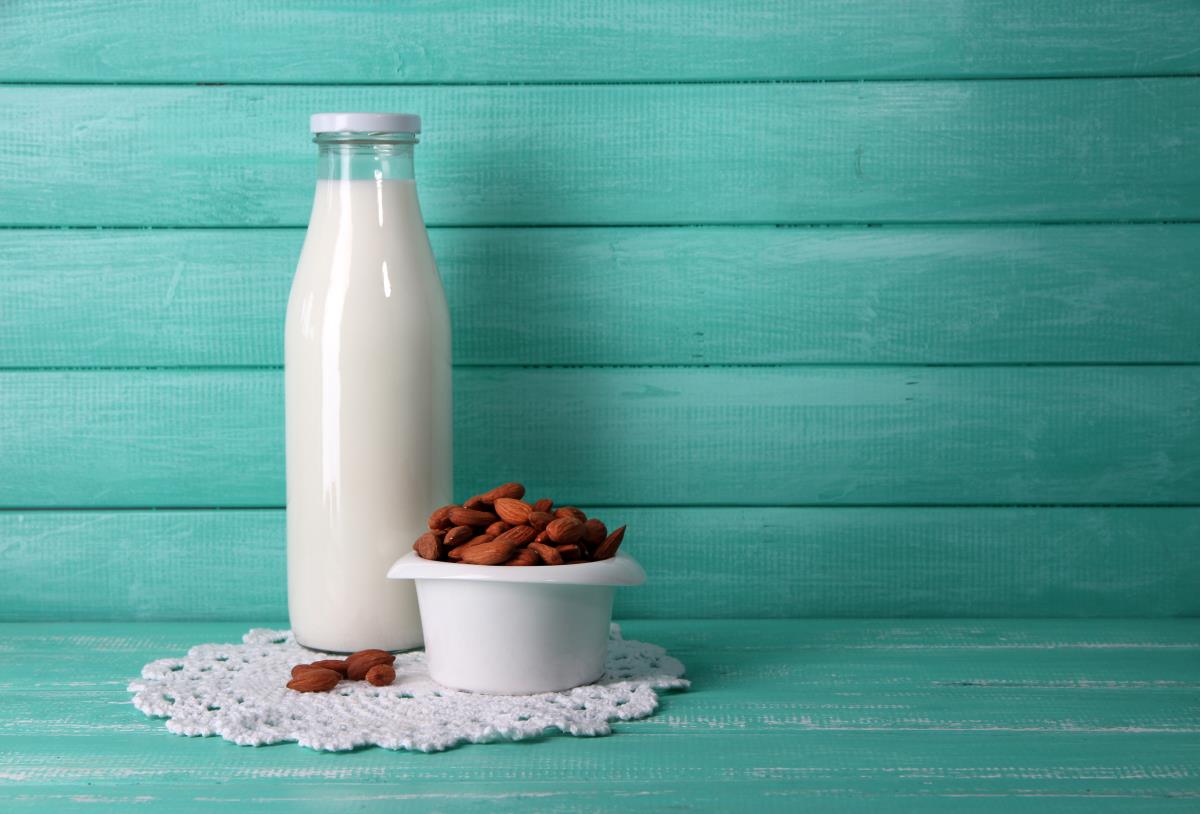11 Dietitian-approved nondairy substitutes for milk
08/13/2020 / By Divina Ramirez

Sustainable foods and ethical food production are in, and so are plant-based milk substitutes. Consumers are becoming more and more conscious about their food choices, thus encouraging the introduction of more plant-based substitutes for all kinds of animal products in the market.
But make no mistake: Plant-based milk substitutes are no food fads. In one of her recent articles online, Jaclyn London, a registered dietitian and the nutrition director of the Good Housekeeping Institute, shared some of the healthiest milk substitutes for plant-based enthusiasts.
Best plant-based milk substitutes
Before going out to purchase plant-based milk products, London does stress some important points. For instance, depending on the brand, plant-based milk substitutes can be a source of added sugar, so make it a habit to check labels.
Plant-based milk substitutes also differ from one another in terms of their nutrition profile. Some people in need of more protein, for instance, might need to go for those that offer more protein, like milk made from beans. Others in need of calcium should look for a product that has more calcium, and so on.
It’s also a good idea to look for a milk product that has blends of essential nutrients, including omega-3s and antioxidants, said London. (Related: Omega-3 oils found to halt neuroinflammation that leads to Alzheimer’s disease.)
In addition, most plant-based milk substitutes are often pricier than regular milk, so it’s important to choose the most nutritious and beneficial ones, she added. On that note, here is a closer look at some of the healthiest plant-based milk substitutes on the market:
- Pea milk – Pea milk is made from pea protein isolate and natural emulsifiers like algal oil and guar gum. It has a creamier texture than regular milk, and it offers a more significant amount of omega-3s. Thanks to these nutrients, pea milk helps support heart health and boost immune function, said London.
- Coconut milk – Coconut milk is a more popular choice in tropical countries around the globe. Its main ingredient is shredded coconut meat. Like coconut oil and coconut butter, coconut milk has a higher fat content than other plant-based milk substitutes, but don’t fret. These fats help sustain feelings of fullness for longer periods.
- Oat milk – Made from gluten-free oats and added fiber, oat milk makes for a filling drink or a creamier addition to coffee, tea or homemade smoothies.
- Almond milk – Commercial almond milks tend to contain added sugar, so be on the lookout for those, cautioned London. The right almond milk should contain a range of healthful nutrients, including protein, fiber, calcium and potassium. If in doubt, just make a batch at home.
- Peanut milk – Peanuts are one of the richest sources of protein out of all plant-based foods used to make milk substitutes. Peanut milk is also among the most sustainable to produce because peanuts require less irrigation.
- Flax milk – Made from flaxseed oil and pea protein, flax milk boasts a significant amount of alpha-linolenic acid, an organic compound that helps regulate blood pressure.
- Hemp milk – Hemp milk contains high amounts of magnesium, calcium and omega-3s. Together, these nutrients render it one of the healthiest plant-based milk substitutes for heart health and bone health.
- Rice milk – Rice milk is a great choice for people allergic to nuts and legumes. It is also one of the easiest milk substitutes to make at home. Just soak brown rice in hot water for a few hours, then blend.
- Walnut milk – Walnuts are one of the few plant-based sources of alpha-linolenic acid. These nuts are also loaded with calories, so it’s best to consume walnut milk in the morning.
- Cashew milk – This immune-boosting drink is loaded with essential micronutrients, such as zinc, copper and magnesium. Like almond and walnut milk, cashew milk offers calcium and omega-3s.
- Organic soy milk – Milk made from organic soy, not the genetically modified ones, packs about 80 calories and eight grams of plant-based protein per glass, said London. It also offers a considerable amount of fiber for better digestion.
Plant-based milk substitutes are linked to a range of health benefits, from stronger bones to better heart health. Switch to a healthier milk to reap these benefits.
Read more articles about plant-based foods and milk substitutes at Veggie.news.
Sources include:
Tagged Under: #nutrition, functional food, heart health, immune system, milk, natural ingredients, nutrients, omega-3 fatty acids, organics, plant-based foods, plant-based milk, vegan, vegetarian




















